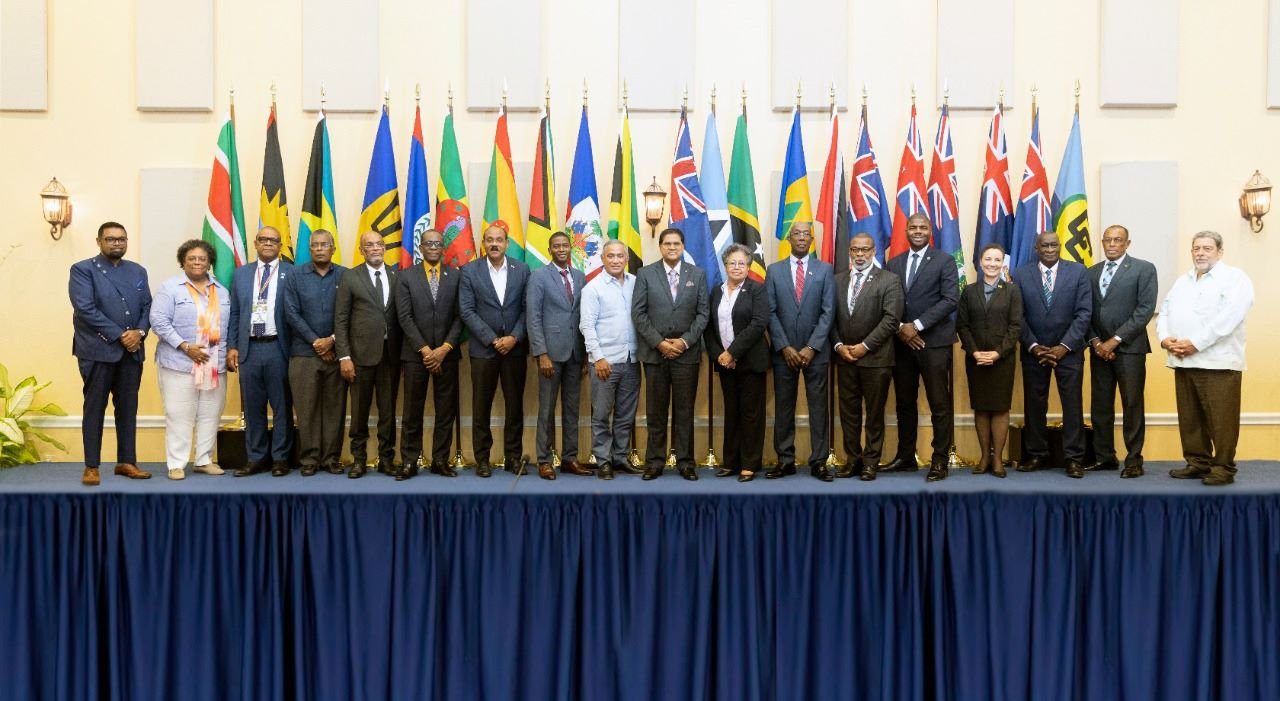When it comes to the question of energy security with the Caribbean Community (CARICOM), Former Science Adviser with the Caribbean Climate Change Centre, Dr. Ulric Trotz, believes it would be better to pursue a ‘PetroCARICOM’ agreement rather than a resuscitation of PetroCaribe.
The accomplished scientist also finds, in the context of the global pursuit of net-zero emissions, that it is pertinent to consider the emissions intensity of the crudes being sought from a country like Venezuela.
CARICOM Heads recently decided, because of the rising cost of fuel globally, that they would jointly advocate through the Community’s bilateral relationship with the United States government for sanctions on Venezuela to be lifted. Trotz found this disappointing. The regional heads mean to benefit from the PetroCaribe initiative. The regional deal had allowed Caribbean states to procure oil from Venezuela through a concessionary agreement for several years. But it flatlined in 2019 when Venezuela got in trouble with the international community and was slapped with a wave of sanctions.
The lifting of the sanctions for the benefit of CARICOM would also allow for further progress on the exploration of the cross-border natural gas fields between Trinidad and Tobago and Venezuela.
There has already been some success in this regard. In January, the United States granted a waiver of its sanctions regime on Venezuela, to allow Trinidad and Tobago to develop the Dragon gas field. This was welcomed in Trinidad, as the country has been struggling to keep natural gas production at favourable levels to support its ailing economy.
United States Vice President Kamala Harris had told Trinidad Prime Minister, Dr. Keith Rowley during a call that the US Treasury Department would take action to help meet the region’s long term energy needs.
“I am strongly suggesting that Guyana, Suriname, Trinidad and Tobago look at internalising the whole question of energy security,” Dr. Trotz said during a Transforming Guyana webinar on Wednesday. He said the pursuit of energy security should be local, in that it looks to the countries in the union to meet its energy needs in the first instance.
Trinidad and Tobago has proven gas reserves of 10 trillion cubic feet.
According to Dr. Rowley, the latest gas reserve audit for the country established that at year-end 2020, technically recoverable resources amounted to 23.2 trillion cubic feet (tcf) and prospective resources at 55.2 tcf. The country is currently producing 2.8 billion cubic feet of natural gas.
Offshore Guyana, ExxonMobil has discovered 11 billion oil-equivalent barrels in the Stabroek Block. An auction is ongoing for 14 more offshore blocks. If all are issued, more than 20 blocks will be in the hands of explorers. There is multi-billion-barrel potential both at the Stabroek Block and beyond. Crude production is currently at 380,000 barrels per day (bpd) but will rise to 1.3 million bpd by 2027. The government is also drafting a national gas strategy to guide future decisions on the commercialisation of Guyana’s 17 trillion cubic feet of gas.
Offshore Suriname, several large discoveries have been made in Block 58, a block that meets Stabroek at the border, operated by TotalEnergies. Petronas also hit pay at Block 52 offshore Suriname at the Sloanea-1 well. The country is way behind in its exploration story, but explorers and the government are hoping the success of Guyana can be mirrored.



